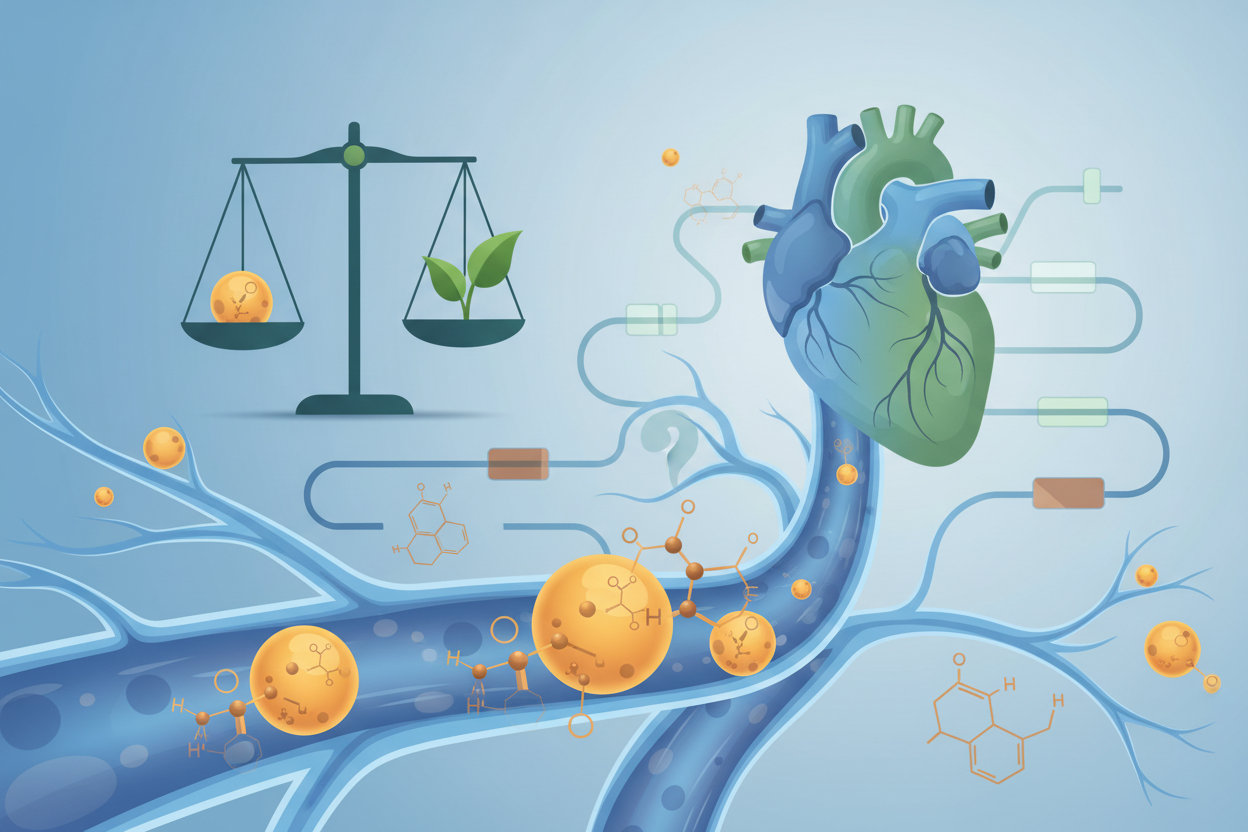
Hidden Risks of Home Laundry: What Do Studies Reveal About the Toxicity of Detergents?
Washing is a common activity that we perform automatically, without realizing what substances may be hidden in our detergents and how they can affect our health and the environment. A recent study The Toxicities of Laundry Products in the Home: A Review and Commentary on Environmental OncologyfromConstantine Kaniklidise It examines the chemical composition of commonly available detergents and their impact on health and the environment. The results are alarming and highlight risks that many consumers are not even aware of.
What toxins are hidden in common laundry detergents?
Most common detergents contain substances that can be harmful with long-term exposure. These chemicals include, for example:
- Phthalates – substances used to stabilize fragrance, but known for their potential to disrupt hormonal balance.
- Plasticizers and bisphenols – are added to some products and may have a negative impact on reproductive health and may be associated with obesity.
- Perfluorinated substances (PFAS) – so-called "forever chemicals," which do not break down in nature and have toxic effects on the liver, immune system, and may increase the risk of cancer.
These substances penetrate the body not only through direct contact with clothing but also through residues that remain in the air and wastewater. Many chemicals accumulate in the body, leading to long-term health risks.
Impacts on Health and the Environment
Research reveals that common chemicals in laundry detergents have the potential to cause issues such as:
- Endocrine disorders – affect the hormonal system and may influence reproduction and development.
- Asthma and respiratory problems – strong fragrances and aggressive chemical components may irritate the respiratory tract.
- Neurological problems – some chemicals may affect the nervous system.
- Risk of cancer development – long-term exposure to certain chemicals, especially PFAS, may be associated with the occurrence of certain types of cancer.
Interestingly, some of these substances have already been banned or strictly regulated in the European Union, but the regulatory process for these chemicals lags behind in the United States.
How can we protect ourselves?
The study recommends that consumers be more cautious when choosing laundry detergents and look for products with natural ingredients. Products without artificial fragrances, preservatives, and other synthetic substances can significantly reduce exposure to these harmful chemicals.
Tips for safer washing:
- Read labels – avoid products containing known toxins such as phthalates, PFAS, synthetic fragrances, and other chemicals.
- Consider ecological and natural alternatives – many companies today offer products based on natural enzymes, soap nuts, or saponins that are environmentally friendly.
- Minimize dosing – use the recommended amount or less to reduce the concentration of chemicals in wastewater and on clothing.
Laundry detergents are indispensable for our hygiene, but it is important to realize that not every brand ensures that the composition of their products is gentle on our health and the environment. This research serves as a reminder that even a small change in our daily choices can bring significant long-term benefits for both us and our planet.



Leave a comment
This site is protected by hCaptcha and the hCaptcha Privacy Policy and Terms of Service apply.